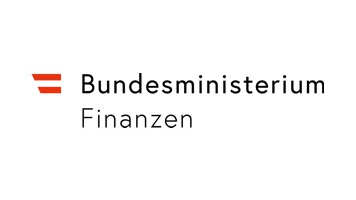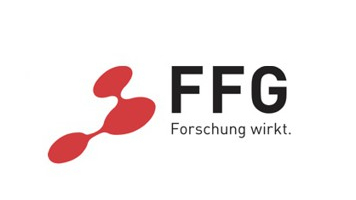The AI Act embodies the future strategy of the European Union with regard to securing intelligent systems, both with regard to the use of AI in a wide range of applications and with a special focus on applications in the safety-critical area. Essential requirements for the handling and use of intelligent systems are planned for the latter area in particular.
The aim of this study is to provide recommendations on organisational, technical and legal measures that must be ensured throughout the entire life cycle of AI systems during their development and use. There is already a lot of research on the topic of trustworthy AI, but this is hardly aimed at companies and operators of critical infrastructures and does not take into account the draft of the new regulation. A concrete result of this study is to identify the challenges in implementing and reviewing the requirements of the AI Act in real existing critical infrastructures and to provide suggestions.
This does not involve purely abstract analyses, but also the development of concrete guidelines for the operation of AI in critical infrastructures and state organisational units. In addition, the dimension of progressive technological development is of great importance: as the field of AI, but especially the specific applications, is constantly evolving at a rapid pace, a projection of this future development must be carried out as part of an exploratory scenario analysis, i.e. it is necessary to estimate which technological possibilities, but also social and user trends, will emerge in the coming years and how these will affect the work of government agencies and operators of critical infrastructures. To this end, it is essential to establish a technical basis by interviewing experts. It is also essential to derive security implications from these new developments and trends, as well as the use of AI in the context of countermeasures - systems are considered over their entire life cycle, from conception to commissioning and decommissioning, with a special focus on the procurement of AI by non-experts in the field of AI.
In order to achieve these goals, the following research questions need to be addressed:
- Creation of a methodology to quickly and systematically analyse the central acts.
- Survey of the issues and requirements specific to the user organisation.
- Structured analysis of the central acts, identification of the most important regulations, standards and best practices on which these acts have an impact.
- Utilisation of a specifically adapted approach for explorative scenario analysis.
- Answering the question of how the knowledge gained can be utilised by SMEs, e.g. in the form of guides and guidelines.
This project will therefore provide a concrete benefit for the safe use of AI in the Austrian and pan-European context
Project lead
Peter Kieseberg, FH St. Pölten
Project partners
Wiener Zentrum für Rechtsinformatik,
BM.I
Contact
Peter Kieseberg
Campusplatz 1
06603126291
Peter.kieseberg(at)fhstp.ac.at
https://isf.fhstp.ac.at/


